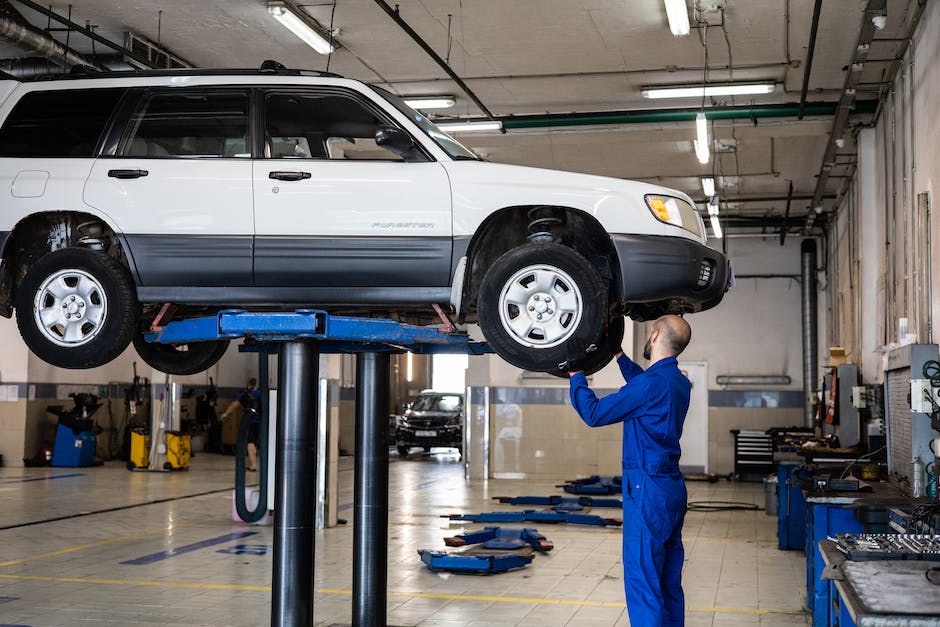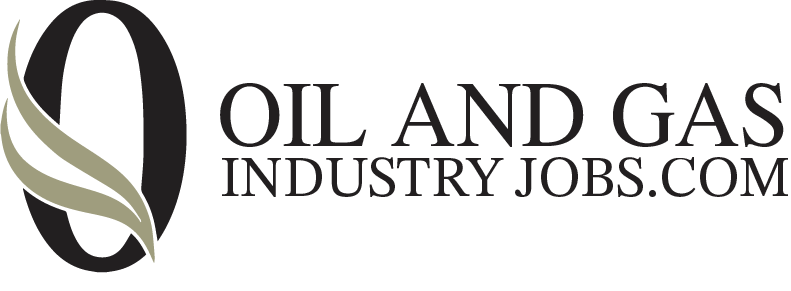
Introduction to oilfield inspection jobs
Oilfield inspection jobs are crucial for ensuring safety and compliance in the oil and gas industry. Oilfield inspectors play a vital role in monitoring and evaluating equipment, processes, and facilities to maintain operational integrity. Here are some key points to consider when learning about oilfield inspection jobs:
- Oilfield inspectors are responsible for conducting regular inspections of drilling rigs, production facilities, and pipelines to identify potential hazards and ensure compliance with industry regulations.
- The job requires a combination of technical expertise and practical experience in areas such as equipment maintenance, safety protocols, and environmental regulations.
- It’s essential for oilfield inspectors to have a strong attention to detail, problem-solving skills, and the ability to communicate effectively with team members and management.
- Qualifications for oilfield inspection jobs often include relevant certifications, such as API certifications, NACE certifications, or other industry-specific training programs.
- As the oil and gas industry continues to evolve, the demand for skilled oilfield inspectors is expected to remain strong, making it a promising career path for those with the right skill set and qualifications.

Skills required for oilfield inspection
Oilfield inspection jobs require specific skills to ensure safety and quality. Here are some essential skills needed for oilfield inspection:
- Attention to detail: Being able to notice even the smallest issues is crucial for ensuring safety and compliance in the oilfield.
- Technical knowledge: Understanding the equipment and processes involved in oilfield operations is essential for accurate inspection.
- Problem-solving: The ability to identify and address problems that may arise during inspections is crucial for maintaining productivity and safety.
- Communication: Clear and effective communication skills are necessary for reporting findings and working with other team members.
- Physical stamina: The job may require long hours and physically demanding tasks, so having the stamina to handle these demands is important.
Qualifications needed for oilfield inspection jobs
Oilfield inspection jobs usually require a high school diploma or equivalent, along with some specialized training. Some companies may prefer candidates with an associate degree or certification in a related field. Experience in the oil and gas industry is often valued. In addition to formal education, employers typically seek candidates with strong analytical, problem-solving, and communication skills. Certification from organizations such as the American Petroleum Institute (API) or the International Association of Drilling Contractors (IADC) may also enhance your qualifications for oilfield inspection jobs.
Importance of safety in oilfield inspection
Safety is crucial in oilfield inspection jobs, as the work environment can be hazardous. Here’s why safety is so important:
- Risk of Accidents: Oilfields are high-risk environments, with potential for accidents, explosions, and fires.
- Legal Compliance: Oilfield inspections must adhere to strict safety regulations to avoid legal repercussions.
- Worker Well-being: Prioritizing safety ensures the well-being of the workers, reducing the risk of injuries or fatalities.
Ensure safety protocols are always followed to maintain a secure oilfield inspection environment.
Tools and equipment used in oilfield inspection
Oilfield inspectors use a variety of tools and equipment to assess the safety and integrity of oil drilling sites. These may include calipers, ultrasonic testing equipment, gauges, cameras, and drones. In addition to these, inspectors also rely on specialized software to analyze data and generate reports. Regular maintenance and calibration of these tools are crucial to ensure accurate and reliable inspection results.
Training and certification for oilfield inspection
Before pursuing a career in oilfield inspection, it’s essential to undergo proper training and obtain the required certifications. The American Petroleum Institute (API) offers certification programs for various aspects of oilfield inspection, including API 510 for pressure vessel inspectors, API 570 for piping inspectors, and API 653 for above-ground storage tank inspectors. Additionally, acquiring knowledge and practical skills in non-destructive testing (NDT) methods such as ultrasonic testing (UT), magnetic particle testing (MT), and visual testing (VT) is crucial for this role. Many employers also prefer candidates with a background in engineering or a related field, along with hands-on experience in the oil and gas industry. Keep in mind that continuous learning and staying updated with industry standards and regulations are key aspects of a successful career in oilfield inspection.
Working conditions in oilfield inspection
Oilfield inspection jobs often involve working in harsh environments, including extreme temperatures, high pressure, and confined spaces. Inspectors may need to climb, bend, and lift heavy equipment while conducting their duties. The job also requires frequent travel to remote locations, often for extended periods. Additionally, inspectors must be prepared to work long hours, including nights and weekends, to ensure the safety and compliance of oilfield operations. These working conditions require physical endurance, mental resilience, and a strong commitment to safety protocols.
Career prospects in oilfield inspection
Oilfield inspection careers provide excellent job prospects and opportunities for growth. With the increasing demand for oil and gas exploration, the need for skilled oilfield inspectors is on the rise. Here are some essential skills and qualifications needed to excel in this field:
- Strong knowledge of safety regulations and industry standards
- Proficiency in inspection techniques and tools
- Capability to interpret complex data and technical drawings
- Excellent communication and report writing abilities
- Familiarity with environmental regulations and compliance
- Certifications such as API 510, API 570, and API 653 are highly valued in the industry
Having these skills and qualifications will pave the way for a successful and rewarding career in oilfield inspection.
Challenges in oilfield inspection jobs
Oilfield inspection jobs present challenges such as working in extreme weather conditions, long hours, and remote locations. Field inspectors need to have strong problem-solving skills to troubleshoot issues that arise on-site. Additionally, they should be physically fit and able to work in potentially hazardous environments. The job also requires excellent communication skills to effectively convey information to colleagues and clients. Having a deep understanding of industry regulations and safety standards is crucial for ensuring compliance during inspections.
Conclusion and summary
If you’re considering a career in oilfield inspection, it’s essential to possess a combination of technical skills, industry-specific knowledge, and relevant qualifications. Some of the critical skills and qualifications for this role include:
- Strong understanding of oilfield equipment, processes, and safety standards
- Proficiency in using inspection tools and technologies
- Knowledge of industry regulations and compliance requirements
- Certification from recognized organizations such as the American Petroleum Institute (API) or the National Association of Corrosion Engineers (NACE)
- Excellent communication and report-writing skills
- Ability to work independently and in a team
- Physical fitness and stamina to work in challenging environments
Employers often seek candidates with a background in engineering, materials science, or a related field, along with relevant experience in the oil and gas industry. These qualifications, combined with the necessary skills, can pave the way for a successful career in oilfield inspection.
